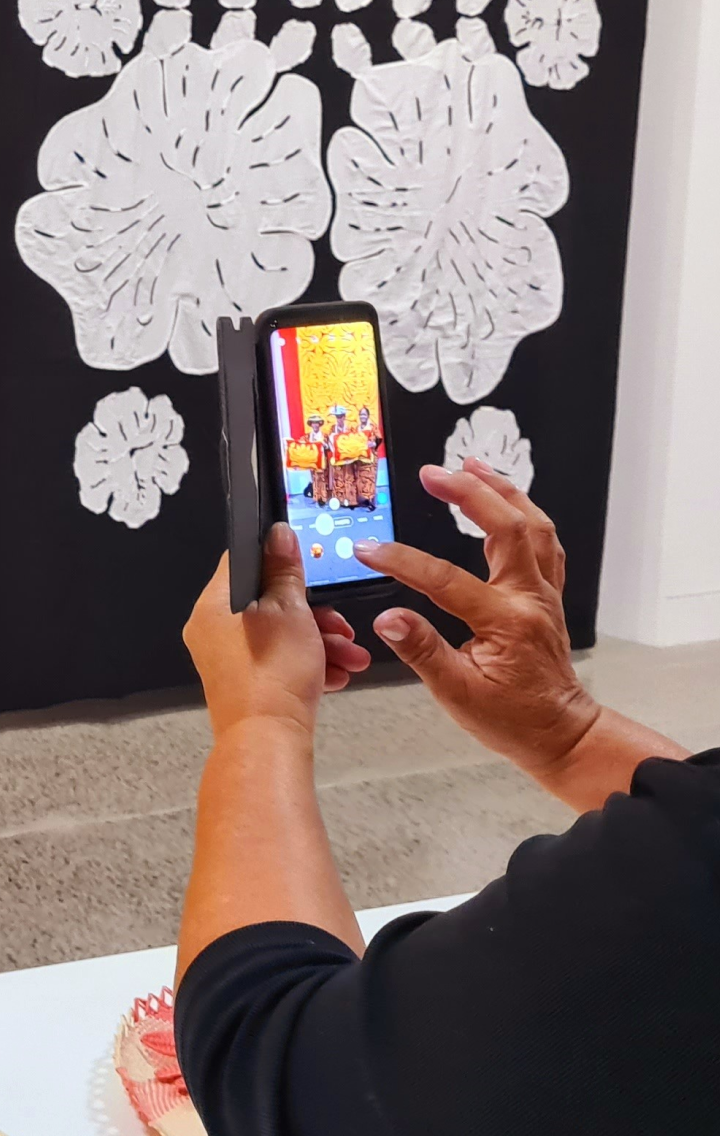About
Our vision is Pacific communities are able to navigate digital spaces and online services to improve their health and wellbeing. To do this, we combine grassroots community engagement, cultural & social capital, advocacy, and research to provide the necessary access, connectivity, and skills required to improve digital literacy, digital health litearcy, and digital health equity.
Our Pillars

Community Development

Digital Navigation

Advocacy

Research Translation
Where it started?
DIGIFALE started within a Niue community in Mangere, South Auckland, in April 2020, when an increased reliance on technology and the internet was necessary as COVID-19 caused communities to lockdown.
Face to face interactions were replaced with church closures and social distancing, and while some communities had the means to transition online, this was not the same for every fale or household.
Initially providing mobile phones to 50 Niue mamatua tupuna (elderly), impacting more than 300 family members, feedback highlighted the importance of prorammes being led by Pacific for Pacific, in their communities, and using their Pacific language. Importantly, adopting an intergenerational approach was also considered essential as they navigated new technology.
Since DIGIFALE’s inception, we hare shared our insights and learning with organisations focused on digital inclusion, digital equity, digital health literacy and health technologies.
The following reports and publication recognise the importance of the DIGIFALE programme, including insights from our Niue mamatua themselves.

Why is digital equity important for Pacific communities?
Our Pillars

Community Development

Digital Navigation

Advocacy

